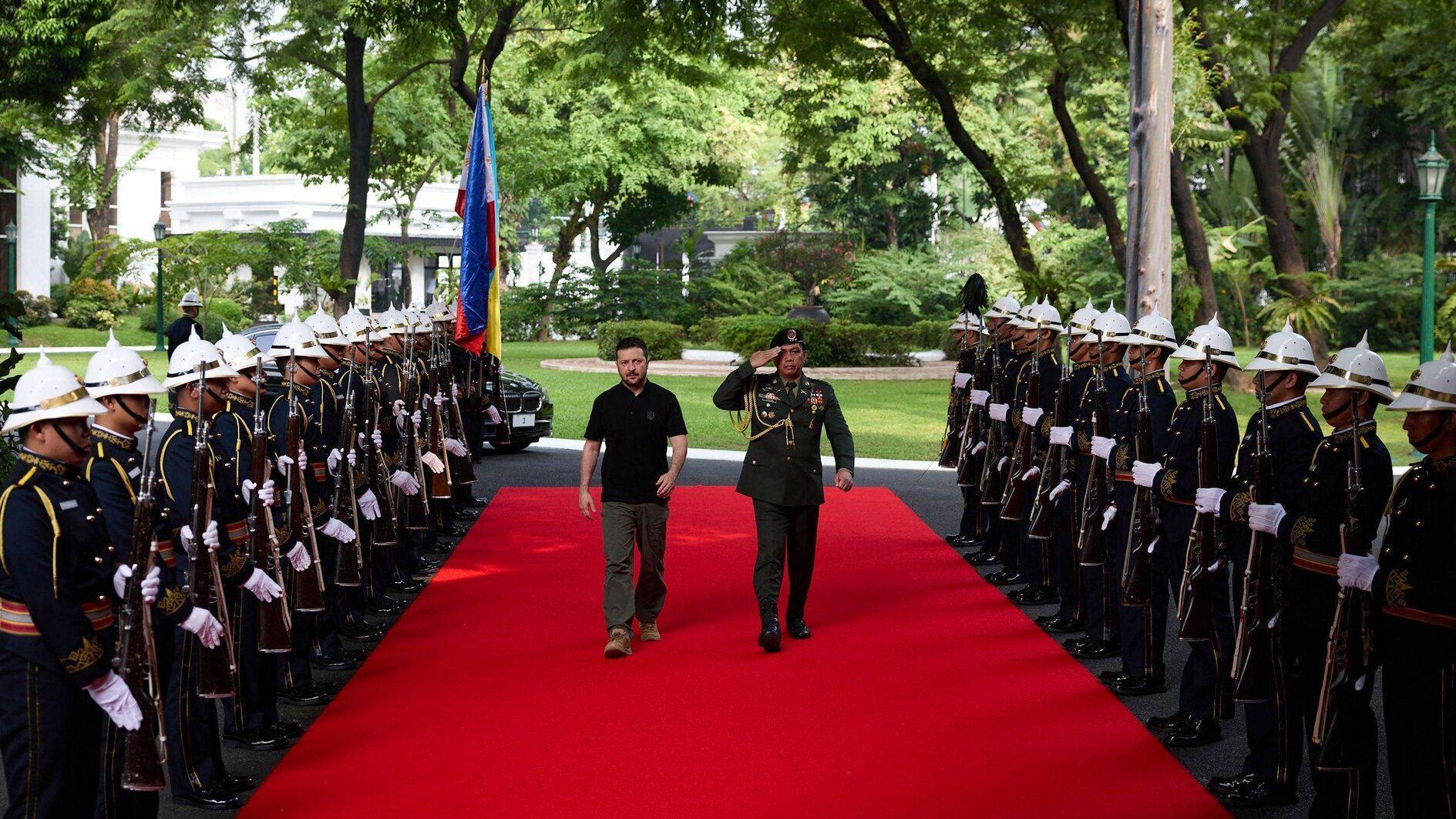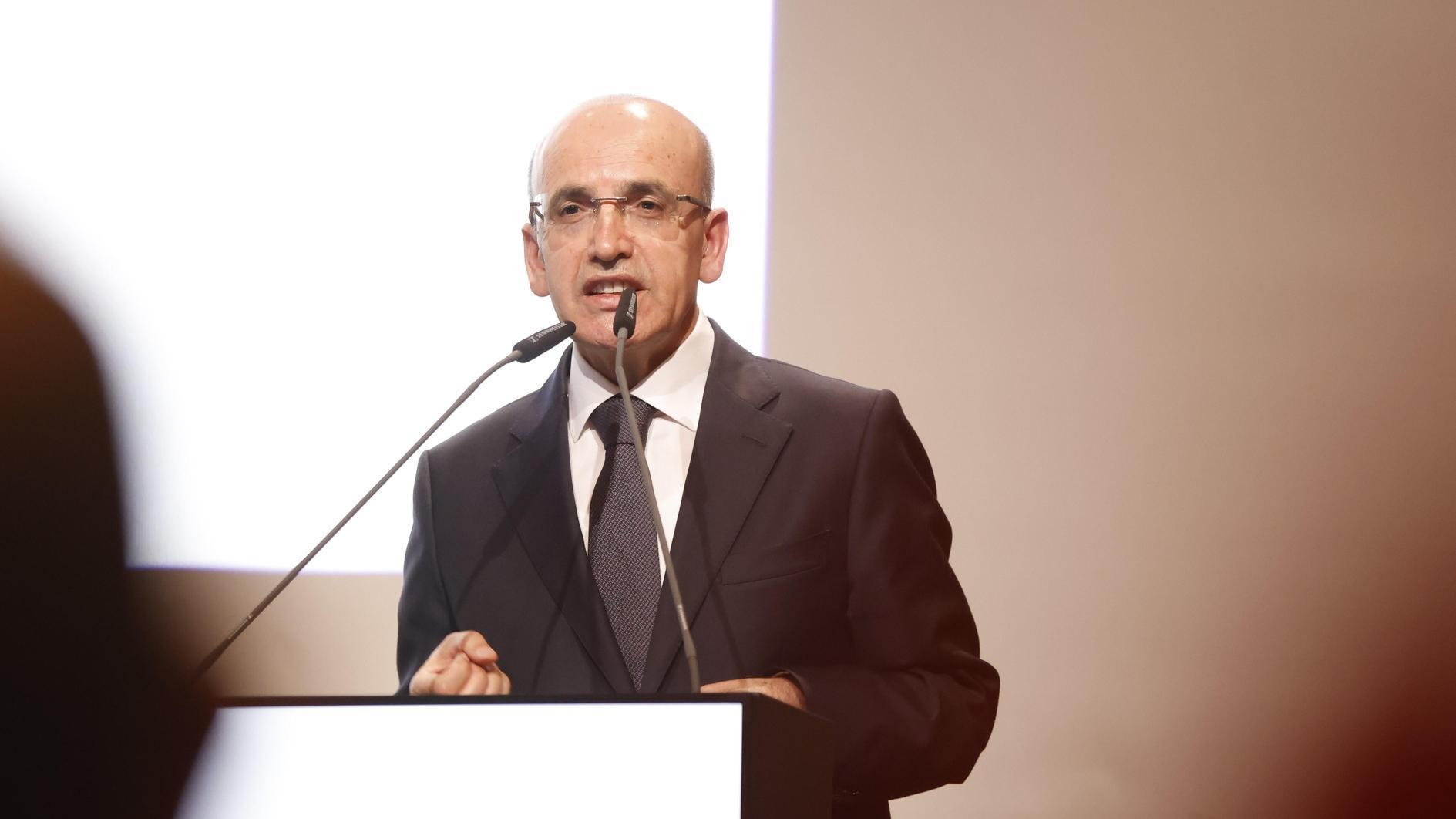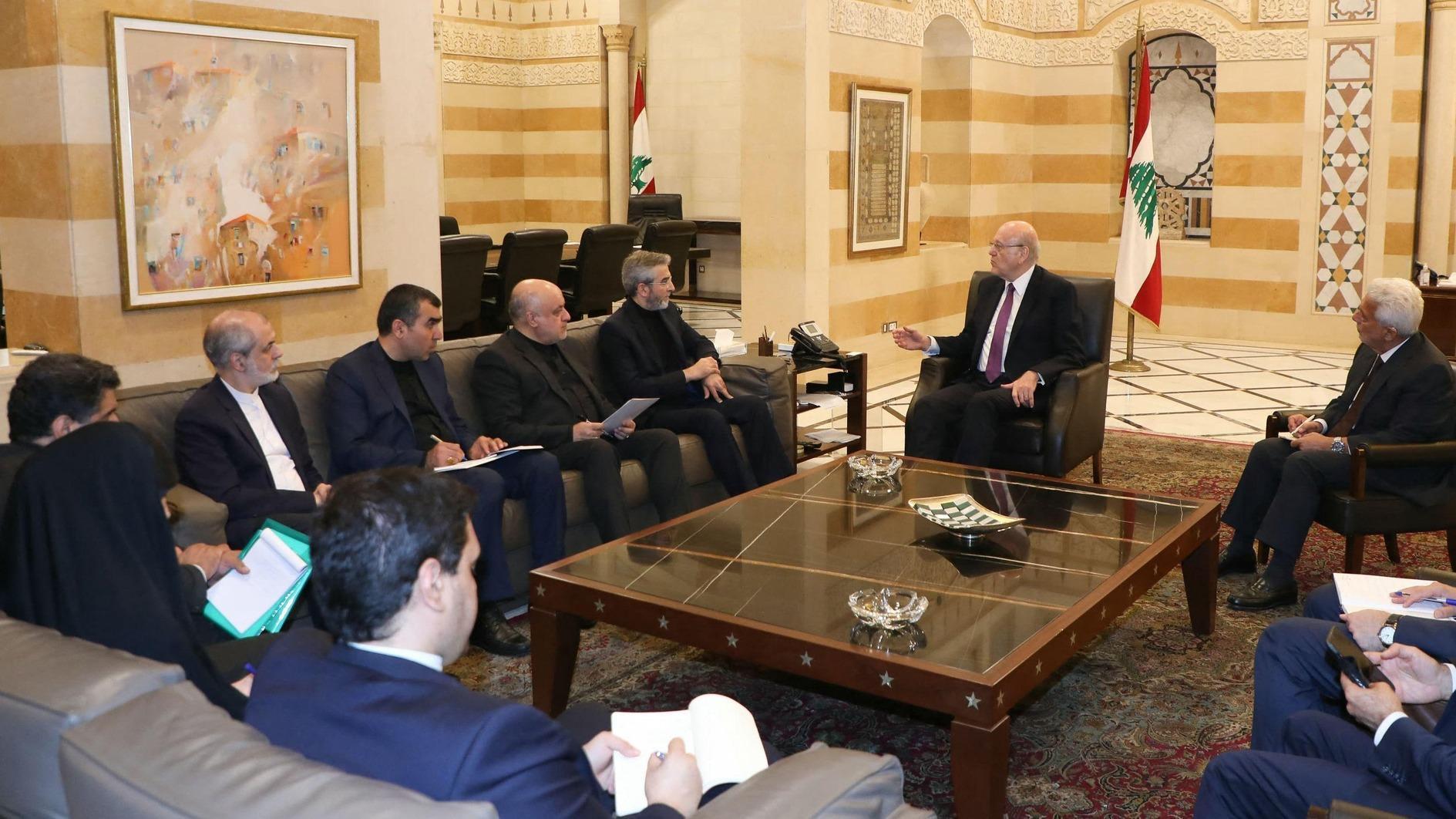Hungary wants 'yearly' review of EU aid to Ukraine
BUDAPEST

Hungarian Prime Minister Viktor Orban on Thursday called for EU support to Ukraine to be reviewed annually, as difficult negotiations on the issue continue ahead of an EU summit.
"If we want to help Ukraine, let's do it outside the EU-budget and on a yearly basis! This is the only democratic position just 5 months before the elections," Orban wrote on X, referring to the European Parliament elections in June.
His proposal is in stark contrast with a recent appeal by European Commission President Ursula von der Leyen to provide Ukrainians with "predictable financing throughout 2024 and beyond" to help the country regain "its rightful territory".
Orban is the only EU leader who has maintained close ties with the Kremlin following Russia's invasion of Ukraine in February 2022.
In December, he vetoed 50 billion euros ($55 billion) in fresh EU aid for Ukraine and abstained from a decision to open talks with Kiev on joining the bloc.
European Union leaders are to hold an extraordinary summit on Feb. 1 to try to find a compromise.
Ahead of this meeting, MEPs on Wednesday urged the European Commission and member states to stand firm against Hungary's leader.
Orban criticised "liberal" politicians for wanting "to give money to Ukraine over four years", claiming it would be "anti-democratic" to do so just ahead of the European Parliament vote.
Intense negotiations are underway in Brussels to find a compromise on Ukraine aid, but Budapest played down the chances of a breakthrough.
"The positions are far apart, so it is not certain that an agreement will be reached," Orban's chief of staff Gergely Gulyas said at a press conference on Thursday.
"It would not be a tragedy either", he added, suggesting that "a 26-party solution" that did not involve Hungary was possible.
In return for lifting his veto, Orban demanded in mid-December the payment of all EU funds allocated to Hungary.
Billions of euros earmarked for Hungary remain frozen by Brussels pending progress on rule-of-law issues such as stricter conditions for awarding public contracts, protecting academic freedom, ensuring the rights of LGBTQ people and accepting the right of migrants to claim asylum.
But Gulyas said there could be no compromise in "migration and child protection", claiming the EU is engaging in a "raw power struggle" while having less respect for the law than the former Soviet Union.
















